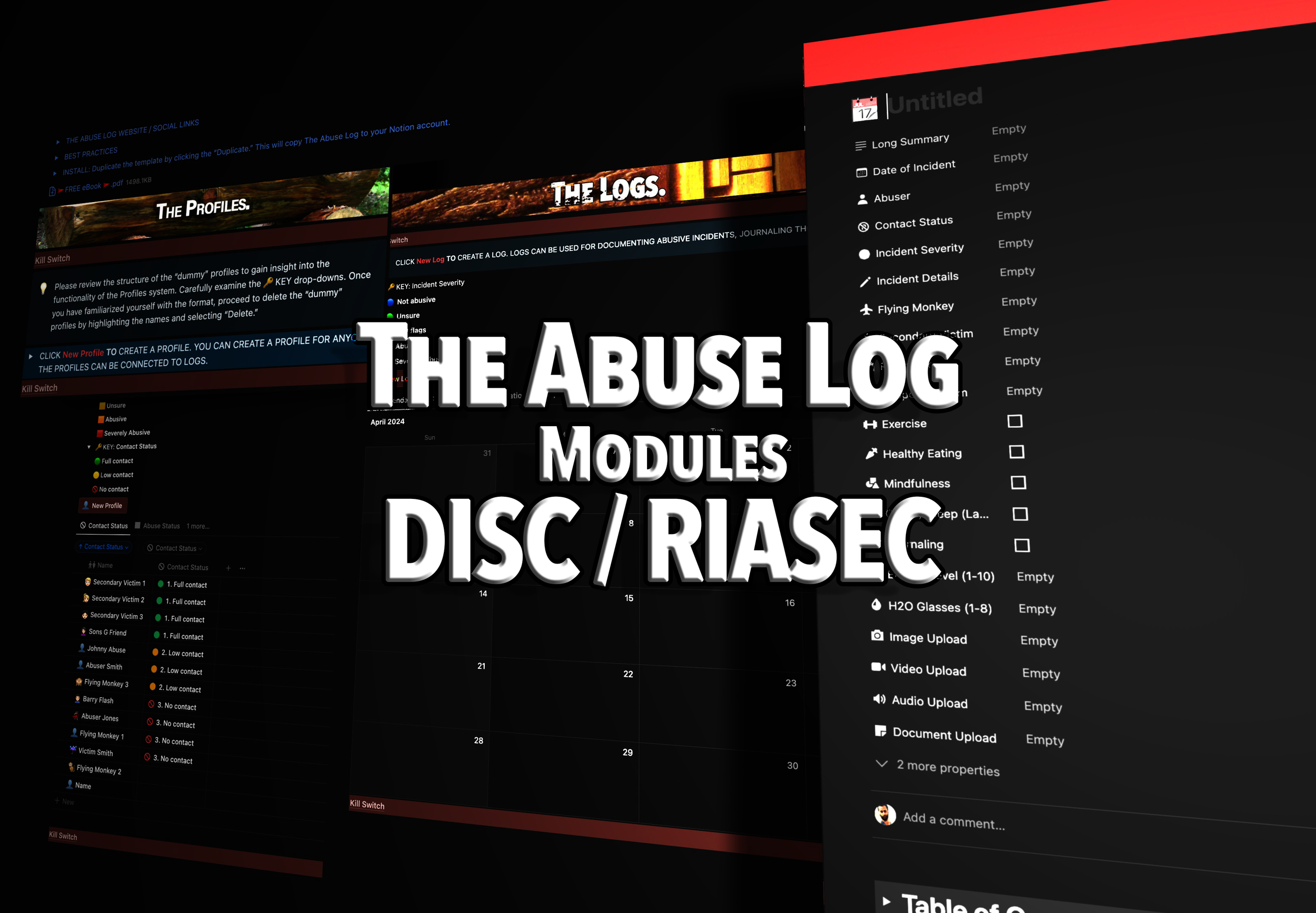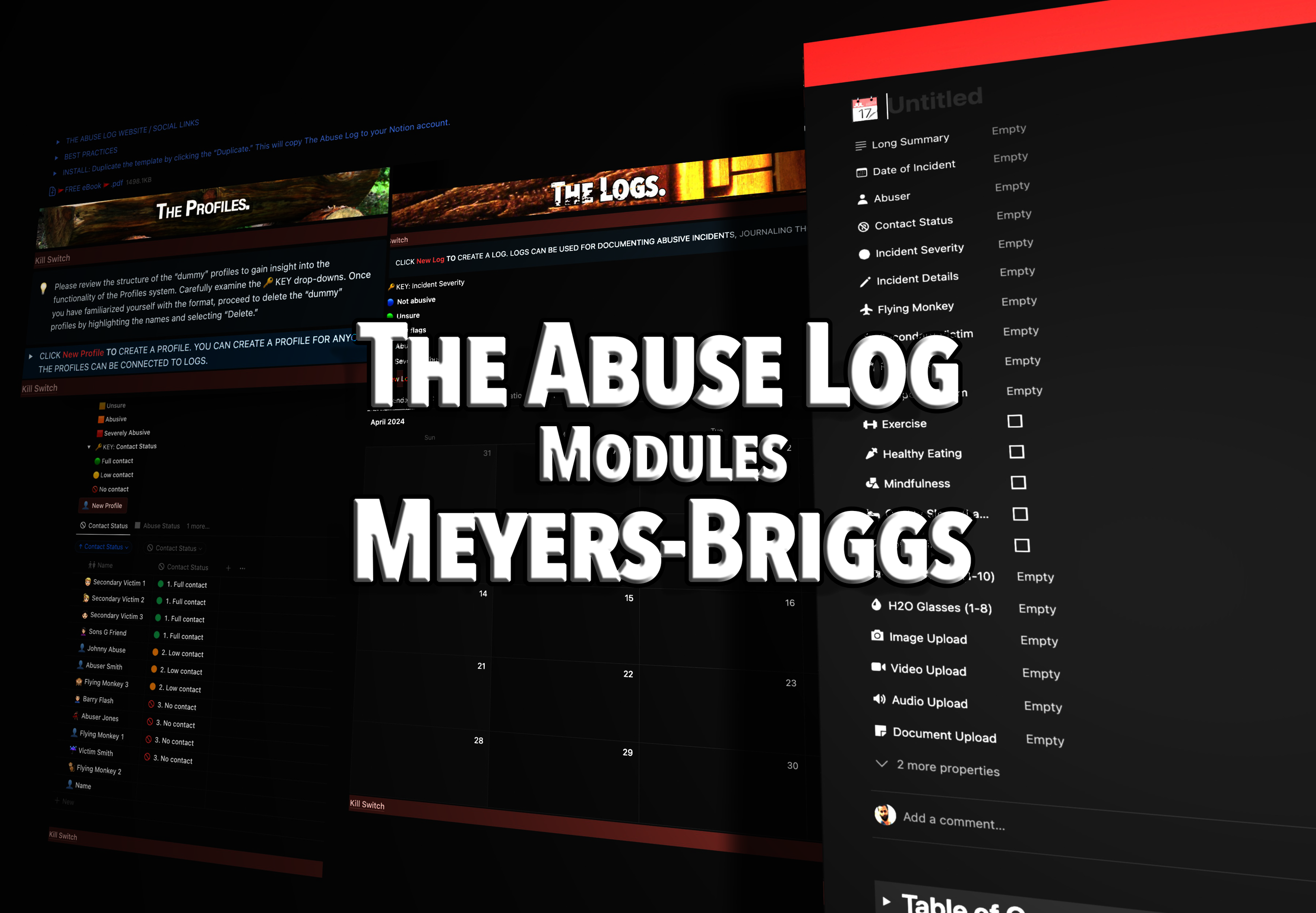Covert Narcissism: The Silent Manipulation You Never See Coming
Narcissism is often associated with grandiosity, arrogance, and an insatiable hunger for attention. The classic, overt narcissist is easy to spot—they boast about their achievements, crave admiration, and dominate conversations. However, there exists a far more insidious form of narcissism, one that operates in the shadows and inflicts just as much emotional harm: covert narcissism.
Covert narcissists are harder to identify because they don’t display their narcissism in obvious ways. Instead of commanding the room, they manipulate subtly, often masquerading as victims, martyrs, or misunderstood intellectuals. They elicit sympathy while eroding the confidence of those around them, making their victims feel like they are always in the wrong.
To help you recognize covert narcissists, we’ve compiled a 50-point checklist detailing their most common behaviors and tactics.
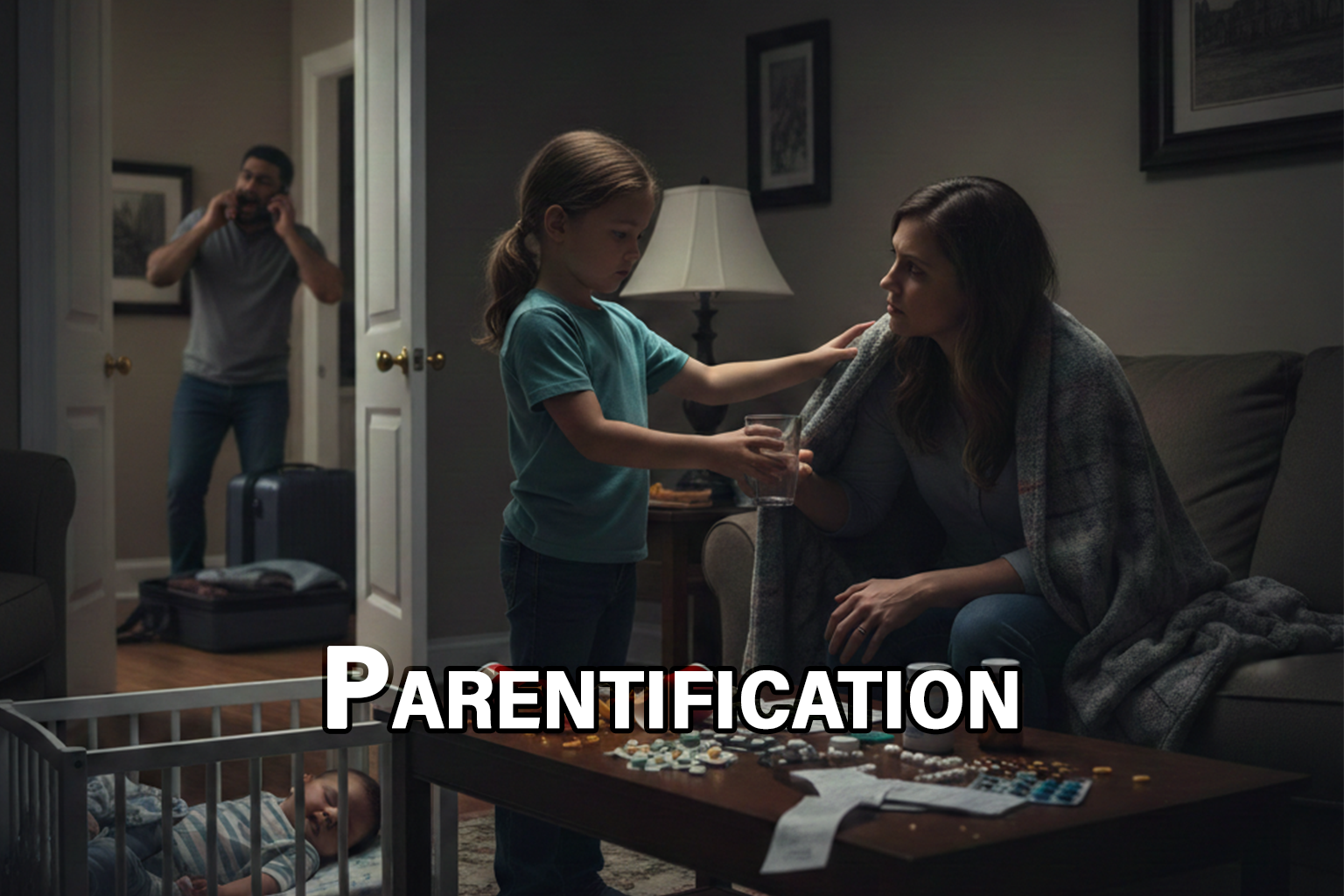
The 50 Covert Narcissistic Traits and Behaviors
1. Passive Superiority
They act morally or intellectually superior in a quiet, indirect way that makes others feel inferior without openly bragging.
2. Victim Mentality
They present themselves as perpetual victims of unfair treatment to gain sympathy and evade accountability.
3. Martyr Complex
They make sacrifices to appear selfless but later use these “sacrifices” to guilt-trip or manipulate others.
4. False Humility
They outwardly downplay their achievements while subtly fishing for compliments and validation.
5. Silent Treatment & Withdrawal
Instead of direct confrontation, they use emotional withdrawal, silence, or sulking as punishment.
6. Gaslighting
They distort reality, making you question your own perceptions, memory, or judgment.
7. Triangulation
They pit people against each other by manipulating information, creating drama and confusion.
8. Backhanded Compliments & Subtle Put-Downs
They give compliments that contain an underlying insult or criticism.
9. Emotional Withholding
They deliberately withhold affection, validation, or attention to gain control.
10. Feigning Empathy
They appear caring and understanding but use this facade to manipulate others for their own benefit.
11. Projection
They accuse others of the very flaws or misdeeds they themselves are guilty of.
12. Smugness & Condescension
They subtly look down on others, often expressing superiority through sarcasm or cynicism.
13. Jealousy & Envy
They resent others' success and may subtly sabotage or downplay their achievements.
14. Blame-Shifting
When confronted, they never take responsibility and redirect blame onto others.
15. Chronic Victimhood
They use their perceived suffering to manipulate others and avoid accountability.
16. Inconsistency & Contradictions
Their words and actions rarely align, creating confusion and cognitive dissonance.
17. Validation-Seeking Through Self-Pity
Instead of boasting, they seek admiration by highlighting their hardships.
18. Exploitation of Kindness
They prey on empathetic individuals, using their good nature for personal gain.
19. Resentful Scorekeeping
They keep a tally of perceived slights and later use them as justification for passive-aggressive behavior.
20. Emotional Sabotage
They subtly undermine others' confidence and ambitions to maintain control.
21. Feigning Confusion
They pretend not to understand what you’re saying to avoid accountability.
22. Selective Competence
They act incompetent in areas they don’t want to take responsibility for but excel in areas where they want recognition.
23. Weaponized Helplessness
They use feigned incompetence to get others to do things for them.
24. Intellectual Narcissism
They act as if they are more enlightened or insightful, subtly diminishing others.
25. Playing Dumb to Avoid Responsibility
They act clueless when it benefits them.
26. Sarcasm Disguised as Humor
They use sarcasm to belittle others but claim it’s just a joke.
27. Feigning Innocence
They pretend not to know how their behavior affects others.
28. Creating Dependency
They make others reliant on them, then withdraw support to maintain control.
29. Emotional Booby-Traps
They set up situations where any response makes you the bad guy.
30. Intermittent Reinforcement
They alternate between love-bombing and neglect, creating emotional addiction.
31. Mimicry & Mirroring
They copy behaviors early on to gain trust, only to later use them against you.
32. Pathological Lying
They lie effortlessly, even when unnecessary.
33. Shaming Others While Claiming Moral Superiority
They subtly guilt-trip others while positioning themselves as virtuous.
34. Excessive Sensitivity to Criticism
They cannot handle even mild constructive feedback.
35. Fake Self-Deprecation
They insult themselves to force others to praise them.
36. Indirect Threats & Subtle Coercion
They make statements designed to elicit guilt.
37. Withholding Praise & Validation
They ignore others’ successes unless it benefits them.
38. Creating Chaos & Confusion
They intentionally make conflicting statements to create uncertainty.
39. Deliberate Misinterpretation
They twist your words to make you look bad.
40. Ruminating on Past Wrongs
They never let go of old grudges and punish you for them.
41. Competing in Suffering
They always claim to have had it worse.
42. Martyrdom in Relationships
They claim to be the one always sacrificing.
43. Distorting Compliments into Insults
They take praise and twist it into a slight.
44. The ‘I’m Too Good for This’ Attitude
They act as if they are above ordinary concerns.
45. Feigned Forgetfulness
They conveniently forget things that hold them accountable.
46. Stealing Credit for Others’ Work
They subtly take credit for others' efforts.
47. Unrealistic Expectations of Others
They hold others to impossible standards while excusing themselves.
48. Claiming 'Everyone Else is the Problem'
They believe all their relationships fail because others are difficult.
49. Minimizing Others’ Emotions
They dismiss others’ feelings as overreactions.
50. Projecting Their Own Toxic Traits onto Others
They accuse others of being manipulative when they are the ones exhibiting those behaviors.
Final Thoughts
Covert narcissists thrive in the shadows of confusion and self-doubt. Unlike overt narcissists, they don’t seek applause—they seek control, validation, and power in more insidious ways.
Recognizing these traits is the first step toward setting boundaries, protecting your mental health, and reclaiming your confidence.
If you recognize someone in your life displaying many of these behaviors, it’s time to step back, set firm boundaries, and prioritize your own well-being.































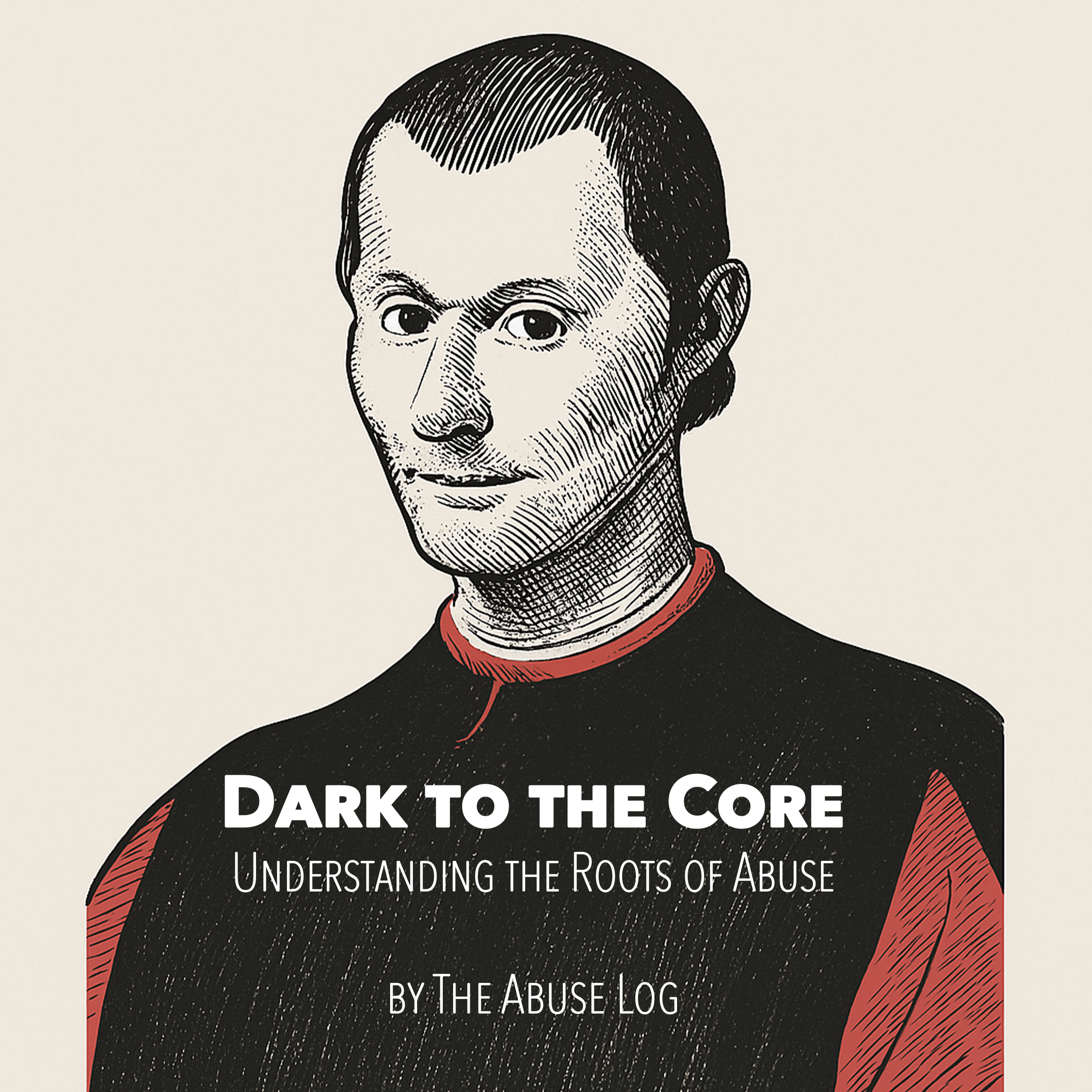
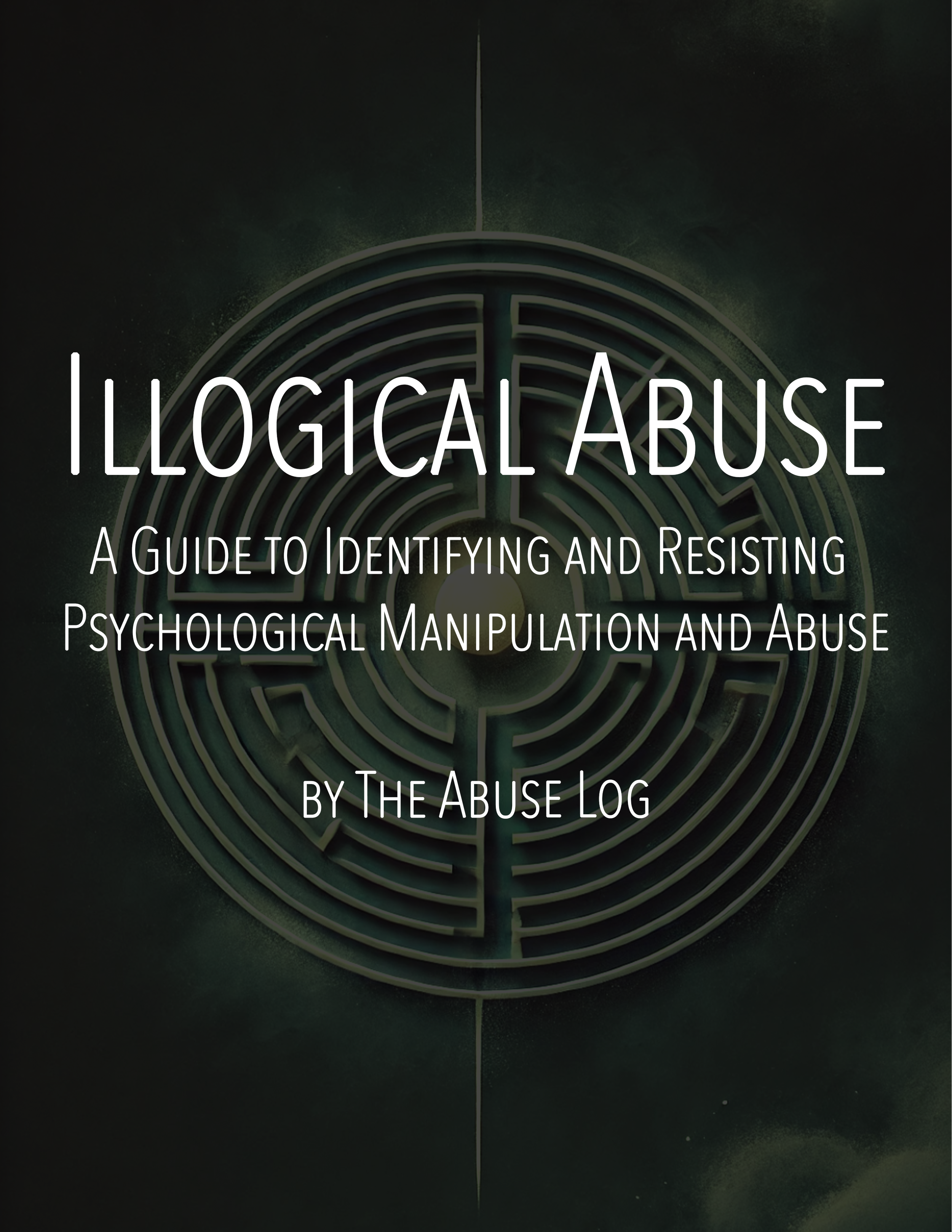




![The Abuse Log Notion Template [Basic]](https://images.squarespace-cdn.com/content/v1/65b9553c448d7e5b0ec1dfcd/4c83e581-b720-4cbe-83b1-2d72e7a9ac8a/Logo+Gumroad-Basic.png)
![The Abuse Log Notion Template [Advanced]](https://images.squarespace-cdn.com/content/v1/65b9553c448d7e5b0ec1dfcd/c3bb150a-a911-4f91-a23e-3621b98a2d55/Logo+GumroadAdvanced.png)
![The Abuse Log Notion Template [Professional]](https://images.squarespace-cdn.com/content/v1/65b9553c448d7e5b0ec1dfcd/7fa18cea-edf4-4325-8234-13f3527579c2/Logo+GumroadProfessional.png)








